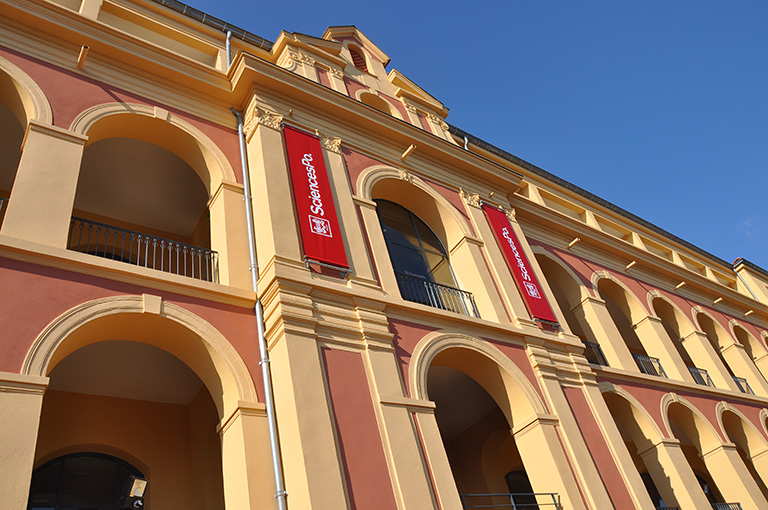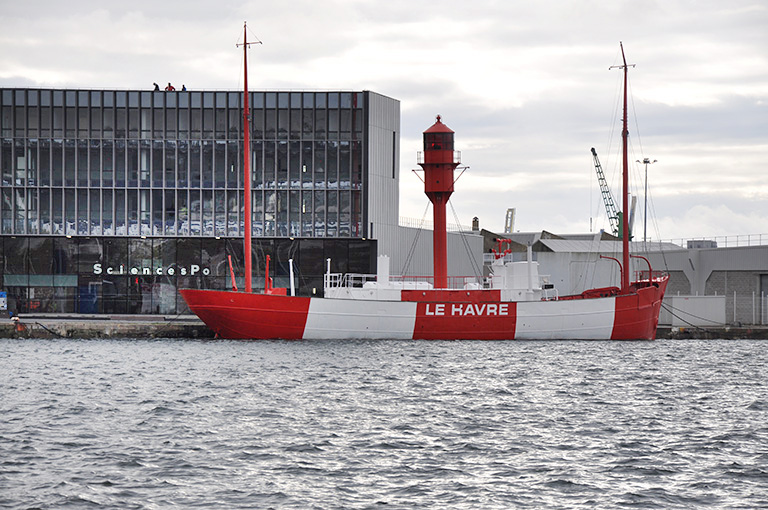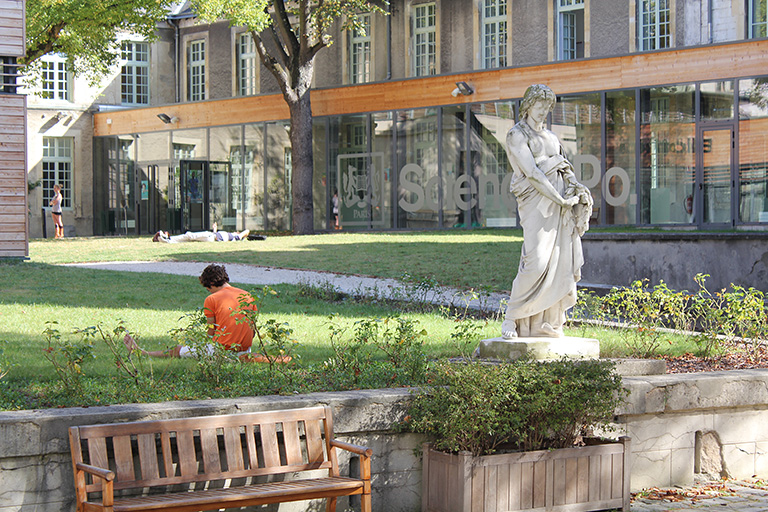Transatlantic Duality
Call it a ‘double-ticket’ to success or even, yes, an undergraduate ‘pass’ de deux.
After years of quiet yet intense preparation, the University of British Columbia Faculty of Arts and the prestigious L’Institut d’études politiques de Paris (Sciences Po) have now unveiled their collaborative four-year dual-degree undergraduate program.
Launched in the 2013/14 academic year and available to international and domestic students in Canada and France, the program is UBC’s inaugural undergrad ‘external’ dual-degree program option and is meant to give students ‘a unique learning experience through informed reflection on international comparisons.’
The dual-degree program gives students the opportunity to learn, live, connect to and collaborate with a different culture on a truly personal level, earn a Sciences Po Bachelor of Arts and a UBC Bachelor of Arts and receive a first-of-its-kind transatlantic education.
Janet Giltrow, senior associate dean, Faculty of Arts says the dual-degree initiative is only part of the ongoing strategy to “improve our educational product” by offering “something distinctive, something that attracts intellectually ambitious, high-achieving students from around the world and give them another reason to choose UBC” over other top-tier universities.
The response from these high-value potential prospective students, says Giltrow, “has been strong and for good reasons.”
Unlike ‘student-exchange’ programs that are typically short in duration with short-lived effects, the UBC/Sciences Po dual-degree program is deeply immersive and designed to strengthen the long-term bonds between the students involved and the two top-tier institutions. UBC students can choose to study at one of three regional campus sites in France (Sciences Po has six regional campuses), choosing from Le Havre, Reims or Menton. The campuses are small, with fewer than 300 students, thereby encouraging a close-knit and supportive community.
Students accepted to the program can specialize in history, economics, sociology or political science. Sciences Po and UBC faculty also offer ‘team-taught’ summer courses meant to enrich the program’s international and collaborative character.
Not one to sit on its laurels, UBC Arts is announcing its new Bachelor of Media Studies, a program which anticipates offering what Giltrow calls “a year of structured exchange” with the renowned University of Copenhagen or the Free University of Berlin. During their third year, UBC students can then choose to spend a full term with the European host university and vice versa. The terms won’t run concurrently thus allowing the students “to get to know each other” in their home countries.
The Faculty of Arts hopes these single-term agreements will be precursors to full dual-degree programs in the future.
In a word or two, Giltrow believes the UBC/Sciences Po – and similar dual-degrees to come – underline the “exemplary” and multi-pronged effort to place UBC in front of its rivals by winning more student admissions into the campus:
“Our current strategies in Arts are to grow where we are strong and attract students who so far have tended to take the offers of other top-tier institutions rather than UBC. So it’s a great thing, this dual degree but it’s one of a cluster of initiatives.”
Read more about
International EngagementRead more International Engagement stories:
This story also illustrates our commitment to:
Student LearningRelated Content

"The dual-degree program gives students the opportunity to learn, live, connect to and collaborate with a different culture on a truly personal level."

Campus
Vancouver